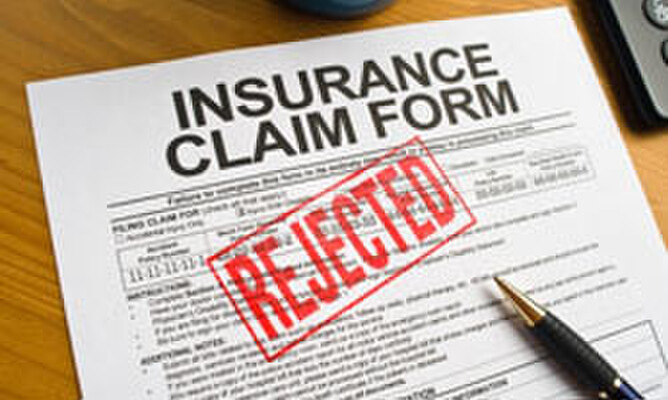On July 9th, 2017 – eight months after moving into our brand new dream home, we had a massive power surge that blew up our brand new appliances, the switchboard, lights and various other things. (Suffice to say we now have $1000 of additional power surge protectors installed.)
While it was a real hassle not having a dishwasher or range-hood or sound from our TV for many weeks, the process of claiming on our fire and general insurance was a total eye opener for us. Like many people, we have had claims for broken vehicle windscreens and travel insurance medical issues, but have never had a significant house and contents insurance claim.
Setting aside the seemingly antiquated process (advising our broker, filling in the claim form, getting and claims assessor/loss adjuster appointed, getting quotes for repair and replacement, getting the claims accepted, signing of a release form, waiting days for payment and organizing all the people to come and repair and replace everything), we were surprised at the attitude of one of our key suppliers.
Our excess was $500 on our house policy (our claim was covered by both our house and our contents policy), and one of our suppliers suggested that they inflate their costs for repair so that the insurer would pay more, and therefore have our excess covered. This appeared to be a normal way to go about things from the industry that this supplier operated in.
Of course, we immediately said ‘no thanks’, but it got me thinking about how many people consider that inflating the value of an insurance claim is fair game, as the only people that are being hurt is the insurance company.
However, this is not true. Aside from the moral/ethical principles of inflating an insurance claim, an inflated insurance claim means that the insurer makes less profit. This ultimately is reflected in increased insurance premiums for all and tighter wording, which disadvantages everyone, not just the people who are ‘telling a white lie’.
While ‘embellishers’ may have got away with this practice historically, technology has changed things significantly as Diana Clement pointed out in a column recently in the NZ Herald (see below).
Technology now enables insurers to use anti-fraud technology, which includes mining of big date to help insurers match patterns, and augments human intuition. Technology can pick up that you were at a swim up pool bar on the same day that you told your travel insurance company that you were sick in hospital, what your IP address is when your policy was taken out (picking up if you are already travelling overseas when you take out your travel insurance), but is also able to pick up organized crime.
In addition, insurance companies check the Insurance Claims Register, and the Hall of Shame, as well as using predictive modelling systems to compare claims against known fraud indicators.
Today there is a real risk that you will get caught if you are defrauding an insurance company and it has serious consequences. As well as having your claim denied, if you are listed on the insurance claims register, you may not be able to qualify for a mortgage, as you won’t be able to get house insurance. A fraudulent claim can also result in criminal charges being laid. As the Insurance and Savings Ombudsman points out, once your name is on the insurance claims register, it is never removed.
Tweaking your insurance claim is not different to any other situation of honesty in your life. It is not a victimless action, and the human and technological tools mean that you are highly likely to get caught and the ramifications can be extremely serious.
Diana Clement 'Honesty is the Best Policy'
Some other interesting commentaries from the Insurance and Savings Ombudsman:
If you have any thoughts or opinions that you would like to share, visit us at our Twitter, Facebook or Linked In pages, and comment.
For more blog entries that you might be interested in:
ACC – not the complete solution
When will your insurance not pay out?
By Carey Church






